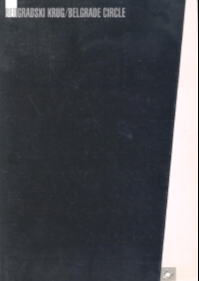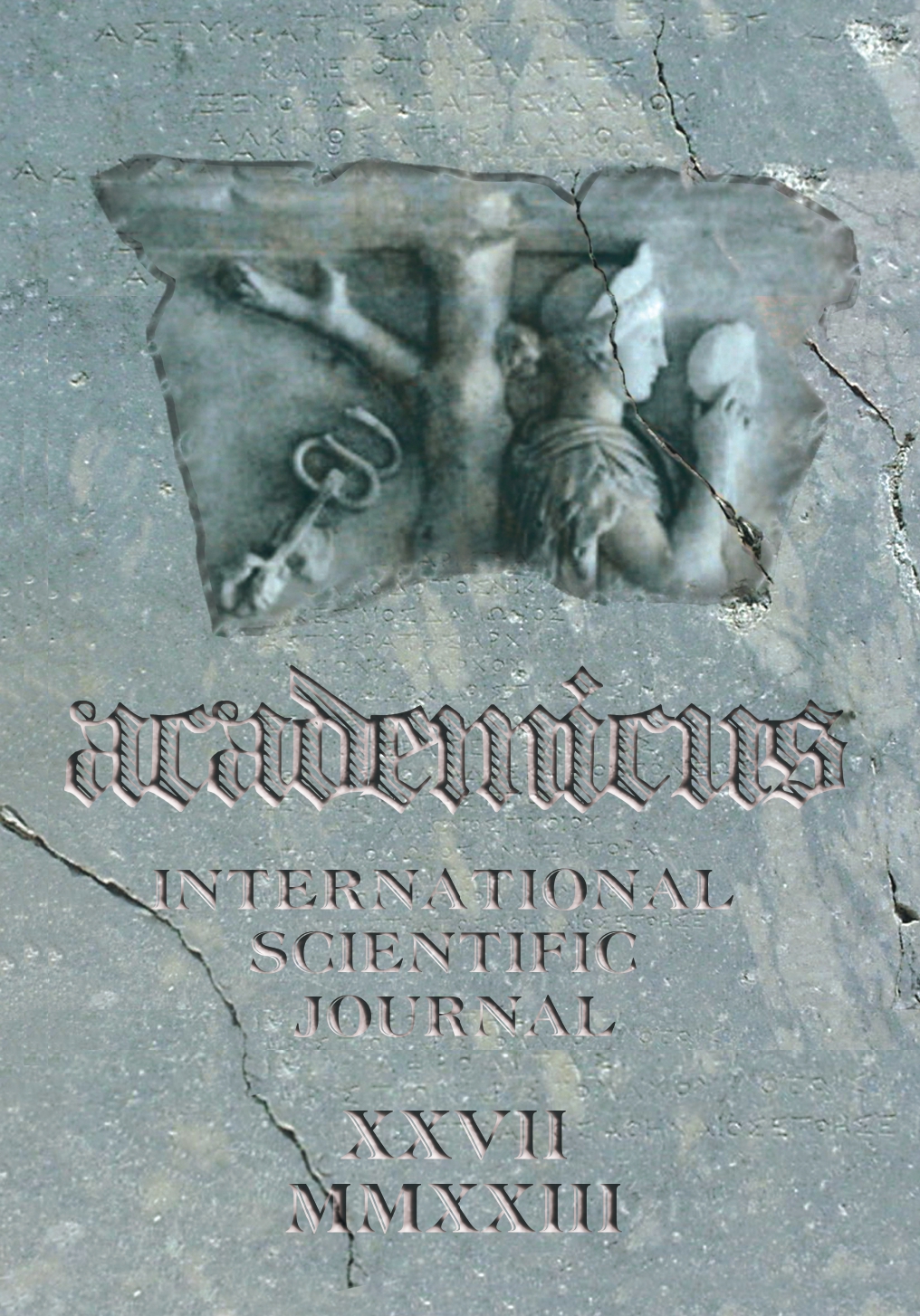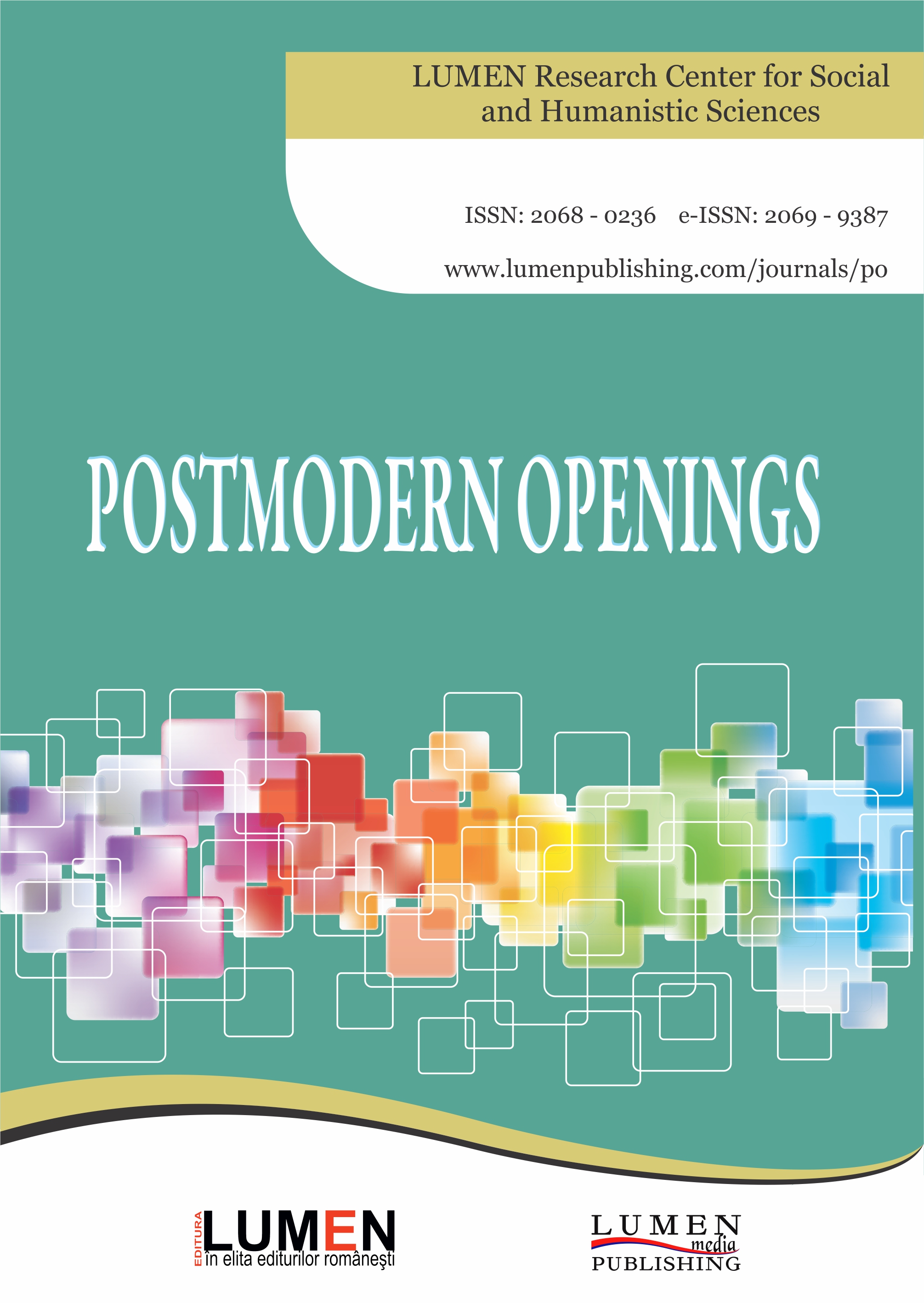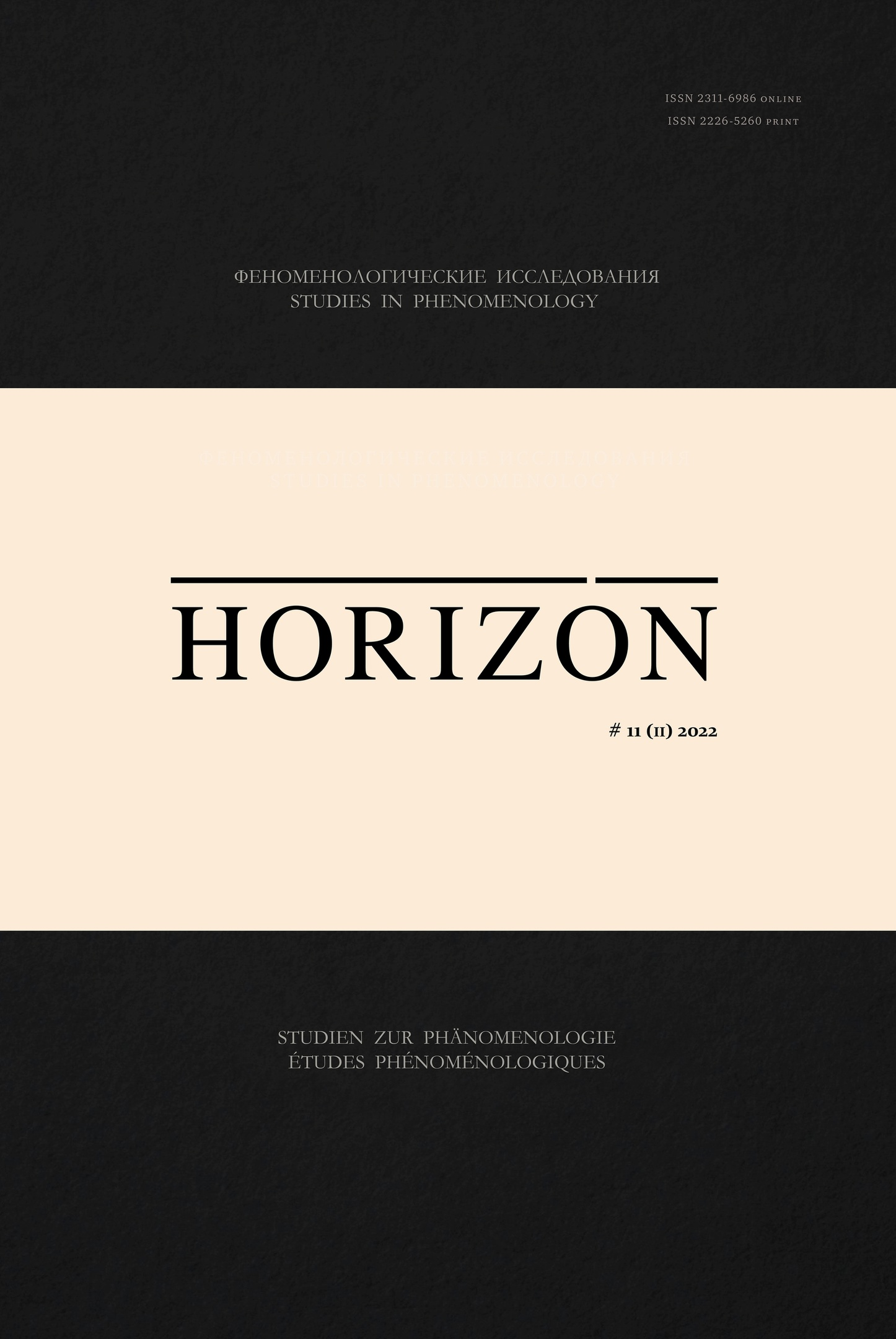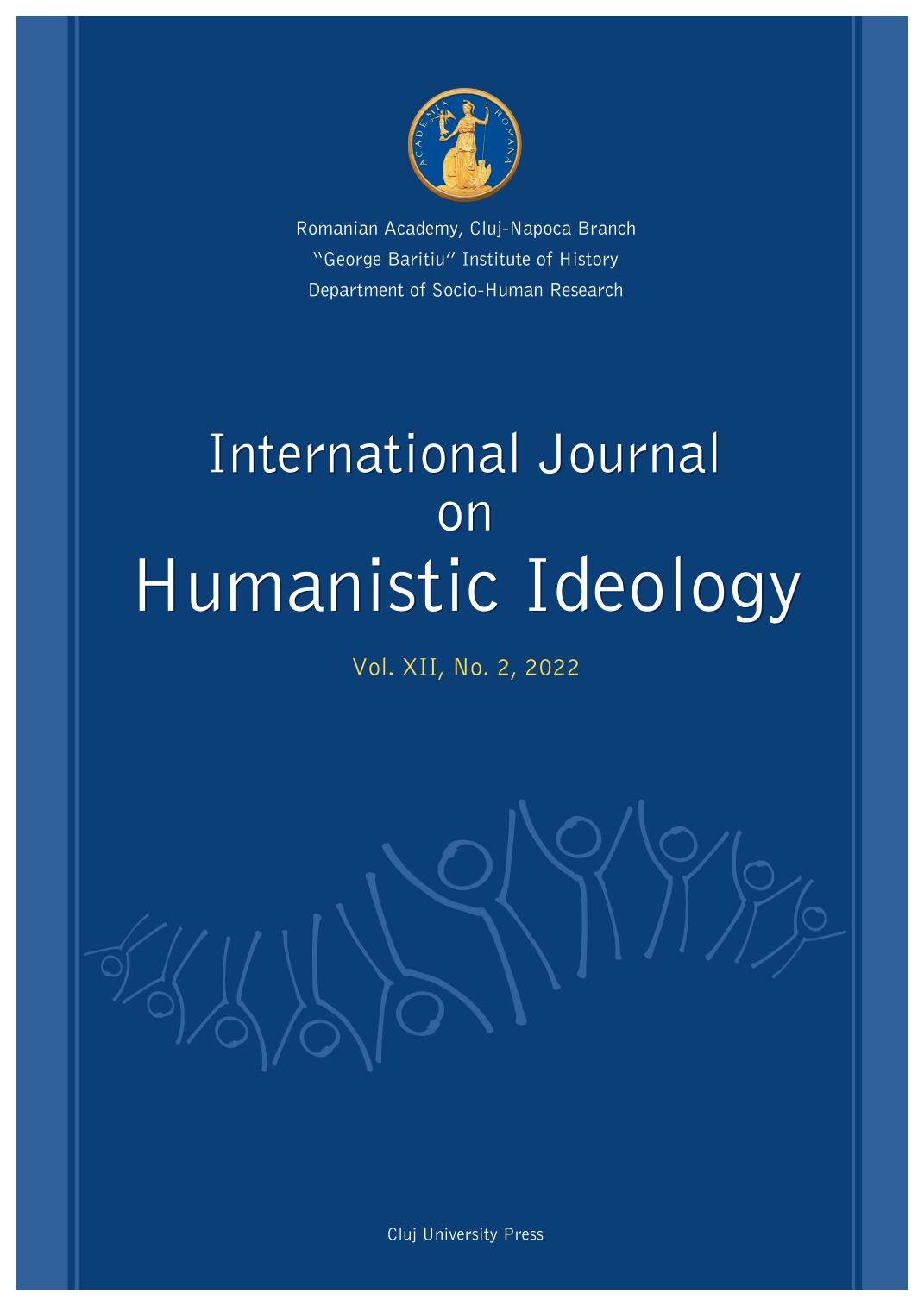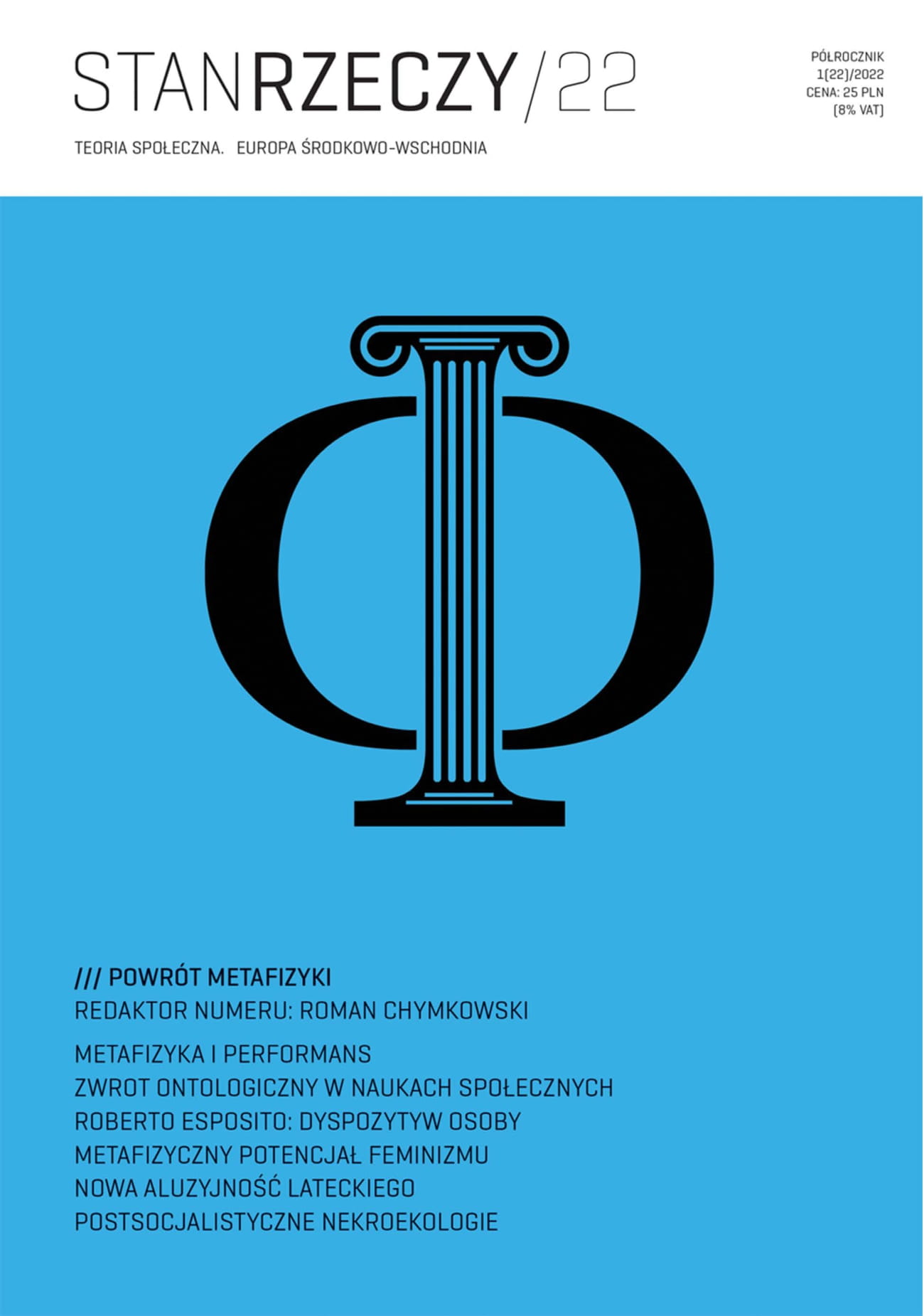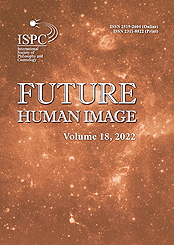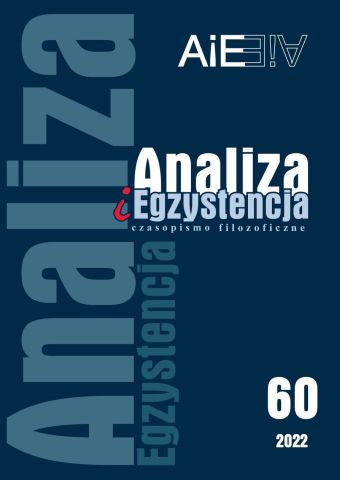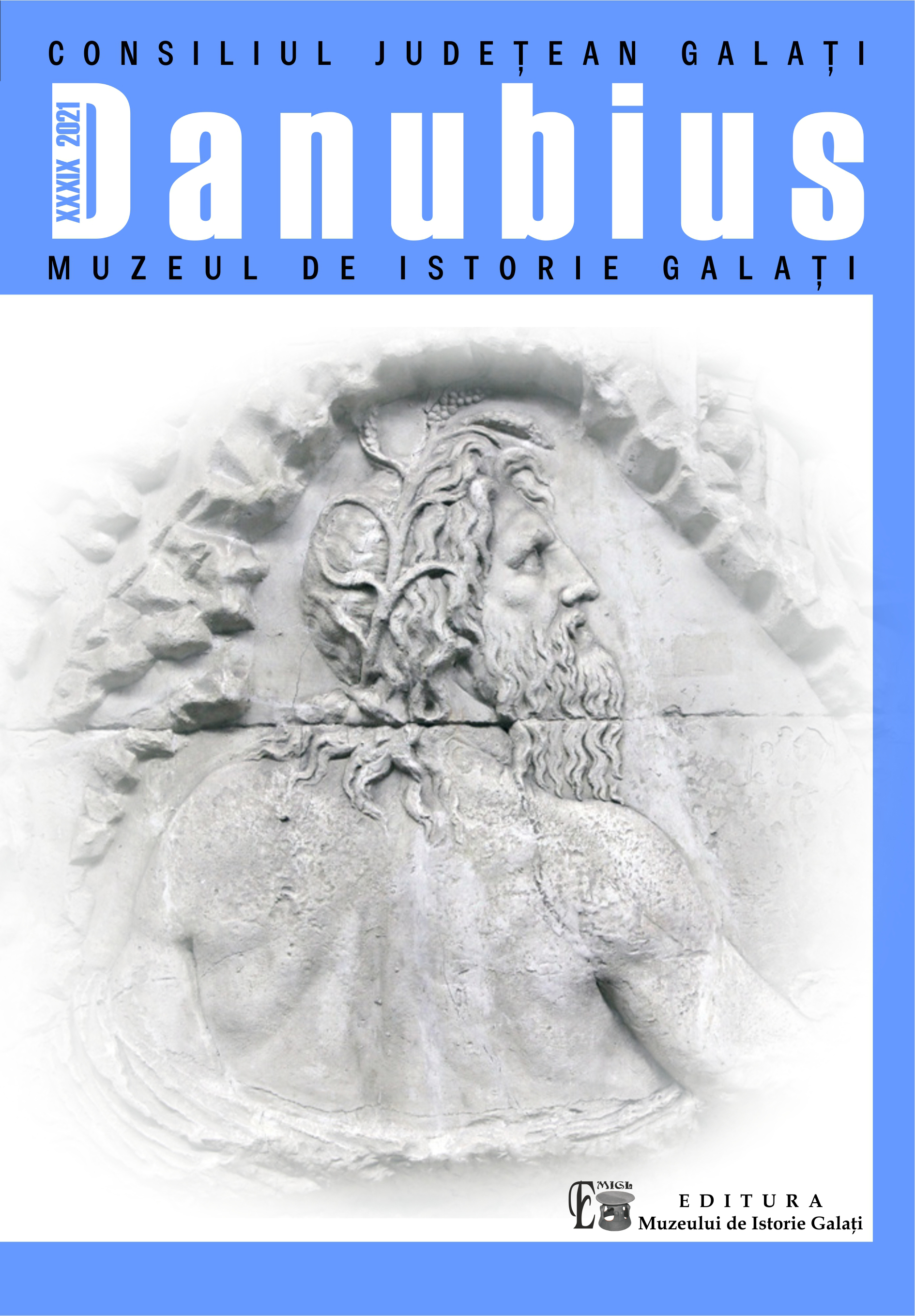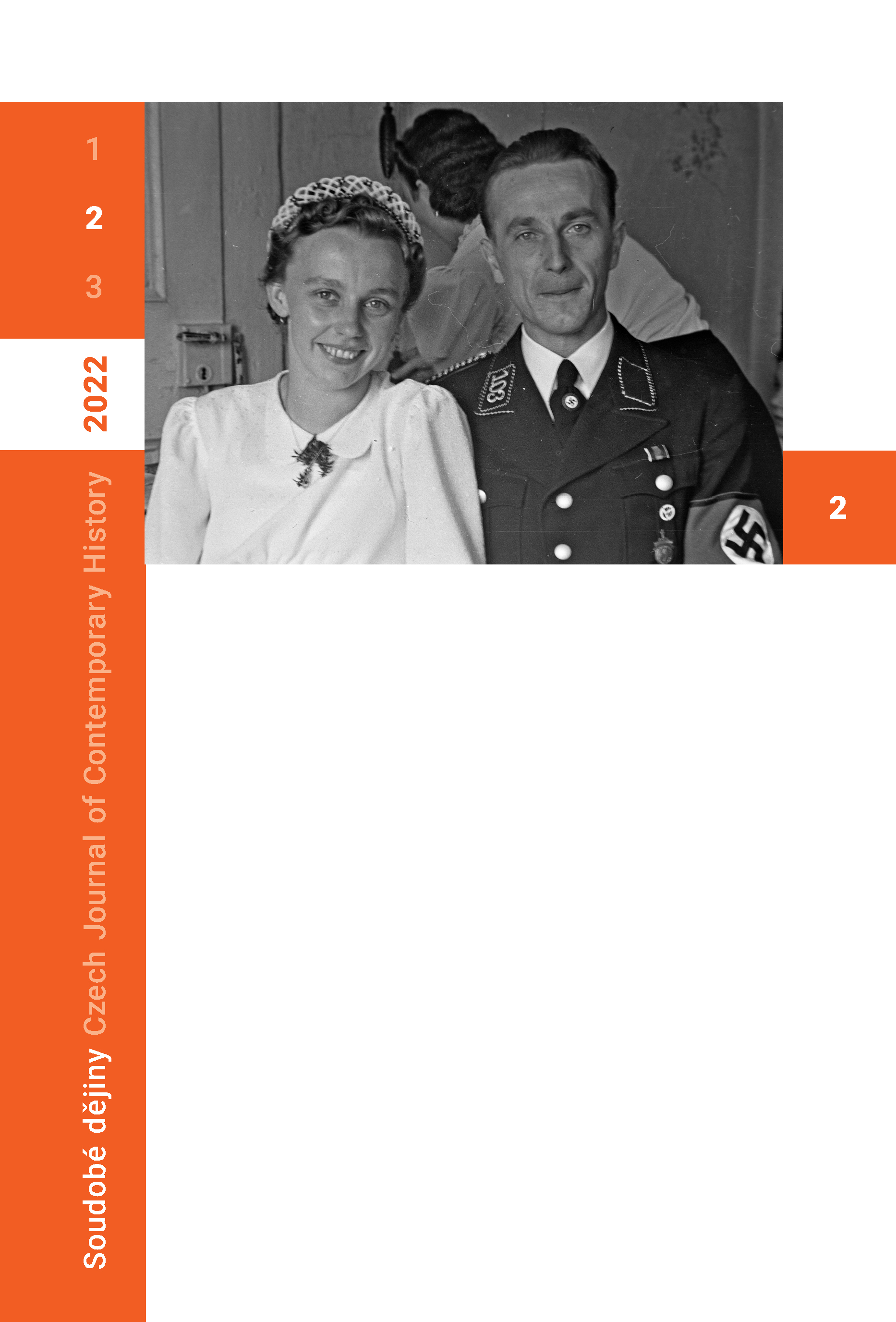Author(s): Agim Leka / Language(s): English
Issue: 27/2023
The purpose of the research is to solve the paradox of religion integration in education, by the new balance between religion, philosophy and science, during the post communism transition. In the field of thinking, the process is the transition from ideology to integral thinking. It is realized through the re-evaluation of the topics of the integration of religion, transitology and integral though, education, inclusiveness, solidarity, new laicity and new secularity. In the philosophical sense, integration is the objective process of being developed. This is understood as a return to identity towards a universal being.In the context of the social being, the process realizes the opening and cooperative development of all mental, spiritual-religious, scientific, creative-artistic, economic, cultural, material and non-material political fields.It includes the individual, the community, and all institutions of social life. The path of integration development is the transitive movement in a spiral form. In Albania, with the fall of communism, freedom of religion was legalized according to the standards of European democracy. The rehabilitation of religious figures that had been condemned and persecuted by the totalitarian regime began.The post-communist transition brought profound changes in the field of faith and religion such as the new dimension in the relationship of society with religion, new and unfamiliar attitudes of believers to religion, new relations between the state and religious institutions, new relations between education and religion in public institutions, opening of religious schools and increasing the influence of religion through the media and religious literature.What is considered tolerance in Europe, in the Albanian case is respect. Albanians are the best model for religious tolerance (respect). There has never been a religious clash in Albania for any reason. Respect for the religious affiliation and religious belief of the other in the Albanian case is modeled as the guiding value of their identity and appears in everyday life as the acceptance of the other. For this reason, they are the best model of respect and acceptance of the other, regardless of religious affiliation. This is an ontological value, built over the centuries and continues to this day.Albanians have not converted, but have adapted to a religious belief for economic and survival reasons.Marriages with different religions and keeping two names (Christian and Muslim) are natural phenomena among Albanians. In Albania, there are in the family and tribe people with Christian and Muslim religions individuals with two names, Christian and Muslim: Kristo and Muhamed. Albanians have lived in peaceful symbiosis with the Slavs in the centuries of the latter’s influx into Albanian lands. They have also lived peacefully with other neighbors, Greeks or Romans. This is even though the neighbors have not always been peaceful with the Albanians.
More...
